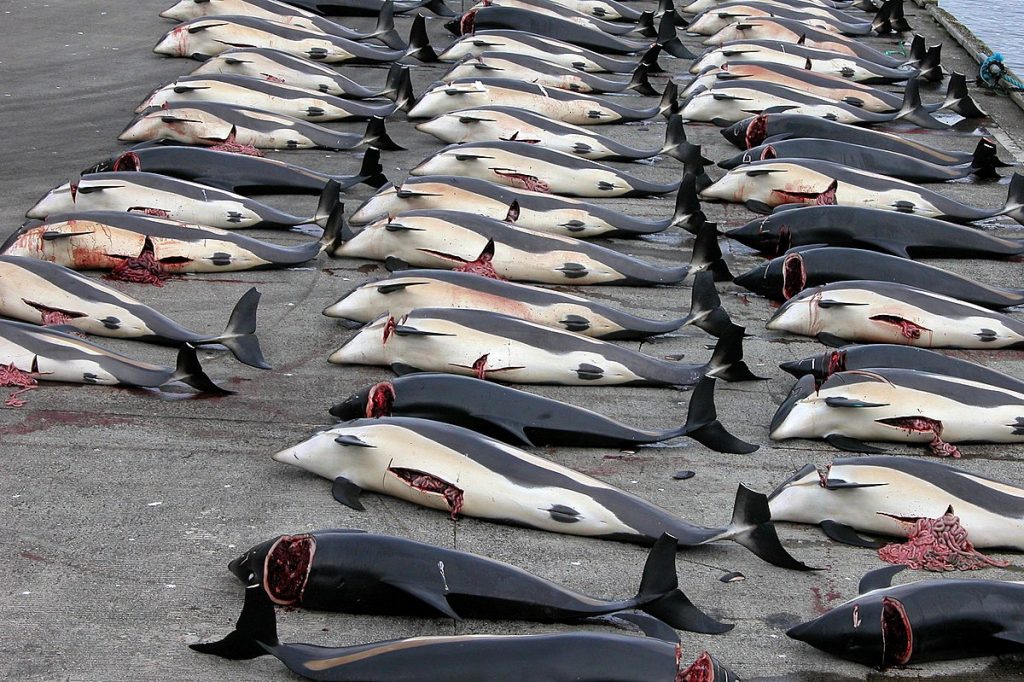Out of the 54 countries in Africa 20 currently listed on the British government’s red list. This list is a list of countries that you cannot travel to without then spending 10 days in quarantine.
All well and good you might say, after all the government’s main concern is the health of its citizens. The problem is that this does not seem to be about the health of the UK citizens. Instead it seems more aimed at protecting against people’s misconceptions.
France is on the British amber covid list, yet this country alone has 115,000 death registered, or roughly two-thirds of the number of deaths recorded in the whole of Africa (between 150,000 and 200,000 depending which statistics are used. Indeed Germany is on the government’s green list and yet has had 90000 deaths and is currently running at 10,000 new cases a day. What is more given that these numbers are broken down by country, more than 80,000 deaths occurred in South Africa, even the rest of the African continent a share only about 100000 deaths.
The whole of Africa (a contingent of 1.3 billion people) only recorded roughly twice the number of daily cases recently to Germany – a country on the green list.
Now, it could be argued, these countries are only on the red list because the government cannot be sure of the data coming in.
Why is this a problem? Well, apart from the astounding level of institutional racism that this seems to show, tourism is essential for many African economies. As a result this failure to follow the science to have long lasting socio economic problems.
The problem is that China has been claiming virtually no cases for months. China is currently on the amber list, yet there is a little faith or put in the numbers they are quoting. It’s true that with some of the African countries, there is also a little faith in the numbers.
Why is this of concern to a wildlife travel and conservation website? It is simple! The longer these countries stay on the red list because of covid, the bigger an impact this will have on wilderness reserves and national parks. If only a few people are willing to enter the country and tolerate the quarantine on return, we run the risk that these countries will turn to hunting instead of photographic safari.
Time will tell if this is a racist move, allowing the government to appear to be taking covid seriously – without too much worry of backlash from the country in question.
Obviously the sooner these rules change (for me as well as the tourism sector in Africa) the better, however this is the same for the natural world. I just hope and pray that the government has better reasons than it appears for its current covid red list, and will open up travel to these relatively safe countries soon enough to save the wild places that they protect.

